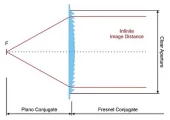Description
Our SC series lenses are crafted through advanced injection molding and compression molding technologies, insuring a superior surface quality and by that optical performance.
The unique design of our polymer Fresnel lenses not only ensures optimal optical performance but also offers significant advantages. Compared to traditional glass lenses our lenses provide substantial weight, space and cost reductions making them indispensable in lighting, sensor, and machine vision applications.
At ORAFOL Fresnel Optics we take pride in offering comprehensive solutions, from optical design and prototyping to tooling and high-volume production. Whether you choose one of our standard products or opt for a custom solution, including high-volume production, we are committed to meet your specific requirements.
Customization options include precise trimming to desired shape, changing of thickness (>0.8 mm) and material (PMMA, Polycarbonate, silicone on glass), optical coating (reflective and anti-reflective coating of various kinds) and combination with other components (diffusive microstructures, microlens arrays) directly into the plano side of the lens. A completely new design of the microstructure specificly made for your application including tooling and prototyping is also possible. Contact us for details.
Positive Fresnel Lens SC 237
Specifications
| Material: | PMMA Acrylic |
|---|---|
| Lens Type: | Non-Imaging - Spot, Positive |
| Focal Length: | 77.5 mm |
| Facet Spacing: | 0.254 mm |
| Fresnel Conjugate: | Not Specified |
| Clear Aperture: | 59.4 mm |
| Thickness: | 1.8 mm |
Features
- Lightweight, volume-efficient design
- High apertures and optically effective surfaces
- Cost-effective solutions for diverse applications
- Expertly crafted with cutting-edge technology
- Backed by ORAFOL Fresnel Optics' legacy of top-quality manufacturing
Applications
- Advanced lighting applications
- Optical sensor technology
- Machine vision systems
Frequently Asked Questions
What are the typical applications of Positive Fresnel Lenses?
What is the material used for these lenses?
How is focal length determined for these lenses?
What are the available thickness options for the lenses?
Can these lenses be customized?
What is the clear aperture of these lenses?
Are there specific wavelengths for which these lenses are optimized?
What is the facet spacing of the lenses?
Can the lenses handle high temperatures or outdoor environments?
What is the tolerance for the dimensions of these lenses?
Similar Products
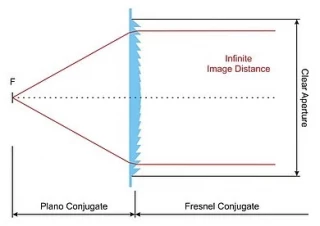
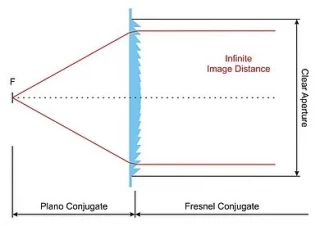
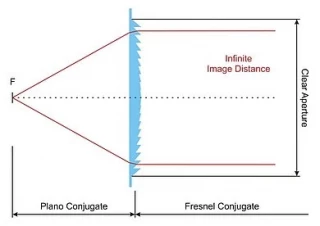
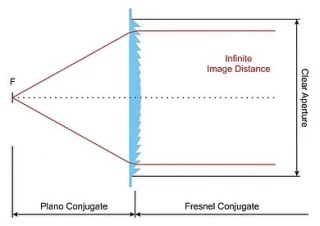
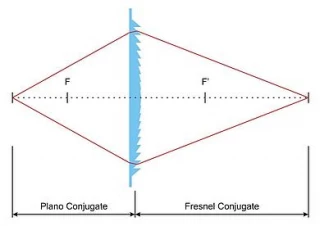
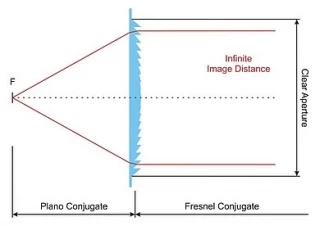
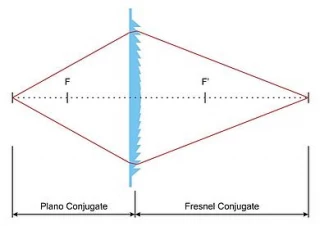
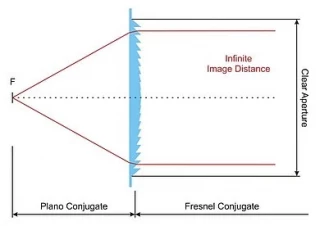
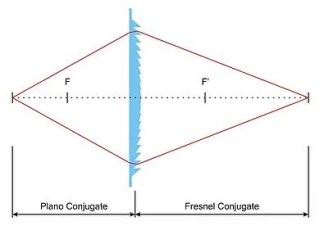
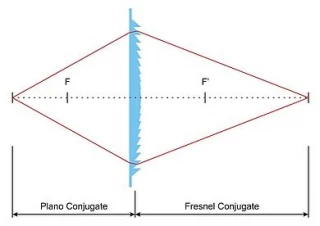
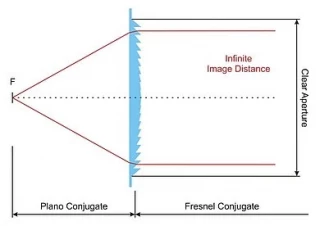
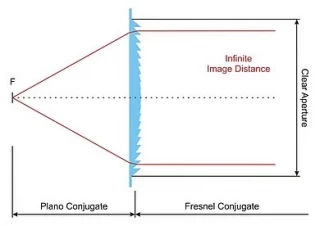
Your inquiry has been received.
Create an account by adding a password
Why create an account?
- Auto-complete inquiry forms
- View and manage all your past messages
- Save products to your favorites
- Close your account anytime — no hassle
